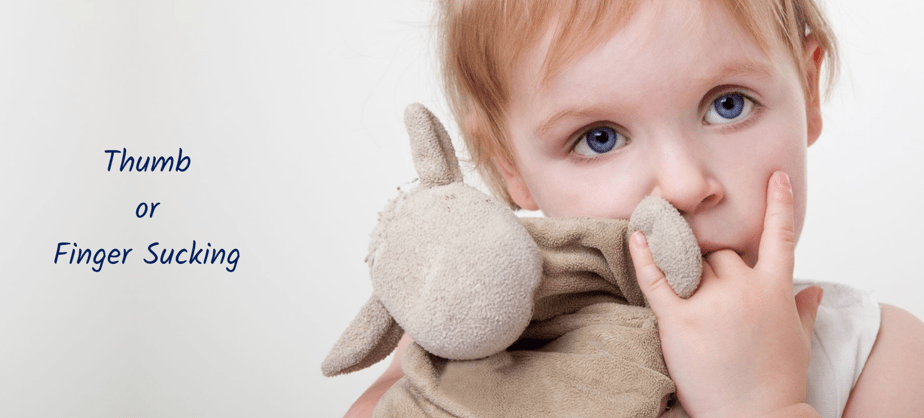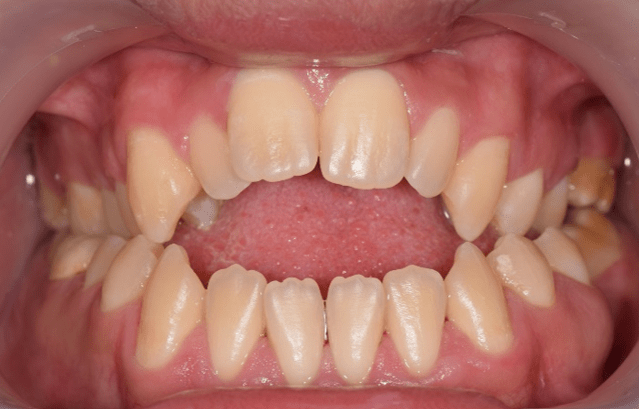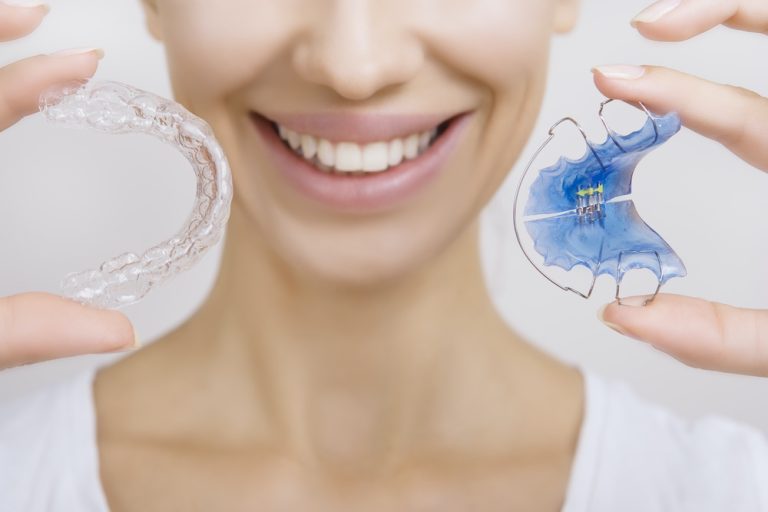
Kids suck their thumb or other fingers – it’s a known fact, some of them suck their thumb for a few months of age, some for a few years and others for many years. I have had patients who suck their fingers even into their late teenage, can you believe it?
Let’s discuss a few important factors which will determine whether a child will get away with it or not.
Duration – The duration for which a child sucks his/her thumb is a crucial factor in determining the damage it can potentially cause to the developing jaws and teeth. Some kids just suck their fingers during sleep, some suck their fingers when they are anxious or stressed, some suck all day. Obviously the longer they suck their finger, greater will be the damage to the developing dentition.
Intensity – The intensity with which a child sucks his/her thumb does play a significant role in determining the potential damage it can cause to the developing dentition and jaws. Some kids suck their fingers very gently, while others suck their fingers really strong. Here again, it’s quite obvious, the stronger a child sucks his/her thumb, the greater the potential damage.
Age – Until what age can a child safely suck his/her thumb and still get away, without any permanent damage to the teeth and jaws, is a common question that I get asked by many parents. Mother nature is very forgiving and self corrects the damage that we inflict upon her, failing which, we humans could not have survived thus far, considering the constant, persistent damage that we have inflicted upon her over the years. But when we cross certain limits, even the most forgiving mother nature cannot help us anymore. Well, so is the case here too!
A child can get away without any permanent damage, when he/she sucks his thumb until age 4 (that’s the maximum). Kindly don’t get a notion that you can ‘encourage’ your child to suck his finger till age 4 and then suddenly ask him to stop at that point, it does not work that way. We have to take every possible effort on the planet, to discourage the child from sucking his thumb.
What it does to the Child’s dentition?
Thumb sucking or finger sucking habit, over a prolonged period of time, significantly affects the muscular balance of the oral environment. Do you remember from my previous article, who wins the fight between the muscle, bone and the teeth? Yes, it’s the muscle that always wins, muscle is the influencer and hence any alteration in the muscle balance needs attention, with top priority.
# The lower jaw drops to allow space for the finger, takes the tongue down along with it, thereby allowing the cheek muscles to exert an inward force on the developing jaws and teeth (without counter force from the tongue, which is lowered) – makes the Jaws much narrower, opening up the Pandora’s box of other anomalies.
# Prevents the eruption of the set of teeth that are in contact with the finger, while the other teeth are free to erupt leading to ‘open bite’, wherein there is space between a portion of the upper and lower teeth, when the child bites his teeth together – can affect the speech of the child, can further affect the muscular balance in the oral environment.

What to do ? –
1. Cover the Child’s hand with a small Sock or Mitten (preferably the one that can be tied with a lace, which the child cannot remove). Placing an elastic over the Mitten can be dangerous, as it can obstruct the blood flow in that region and the hand turns blue in no time, I would not certainly recommend this.
2. Paint the finger (which goes in the mouth) with very bitter tasting oils like Neem oil etc. And then hope and pray that the child gets put off by the taste and discontinues the habit!!
3. Use a hand stopper device like ‘Nippit hand stopper’, it’s a simple device that is placed over the elbow, requires an adult to place and remove (more importantly), the child can do almost all her activities like playing, writing, and even suck her thumb! ‘Then what’s the point?’, I can hear your inner voice. It requires a child additional effort to bring his finger to the mouth, which then, gradually discourages the habit.
4. You can bring your child to your Orthodontist and make a ‘tongue crib’ appliance. It’s not easy, both for the treating doctor and the kid, to install this appliance in a 4 or 5 year old kid and you can keep this as the last option.
You can choose one or more of the above methods with the intention to stop the habit permanently, that’s the final goal. In the initial days, keep your focus on reducing the duration and intensity, to begin with and slowly work your way forward.
Dr Diwakar Raju, Specialist Orthodontist.


